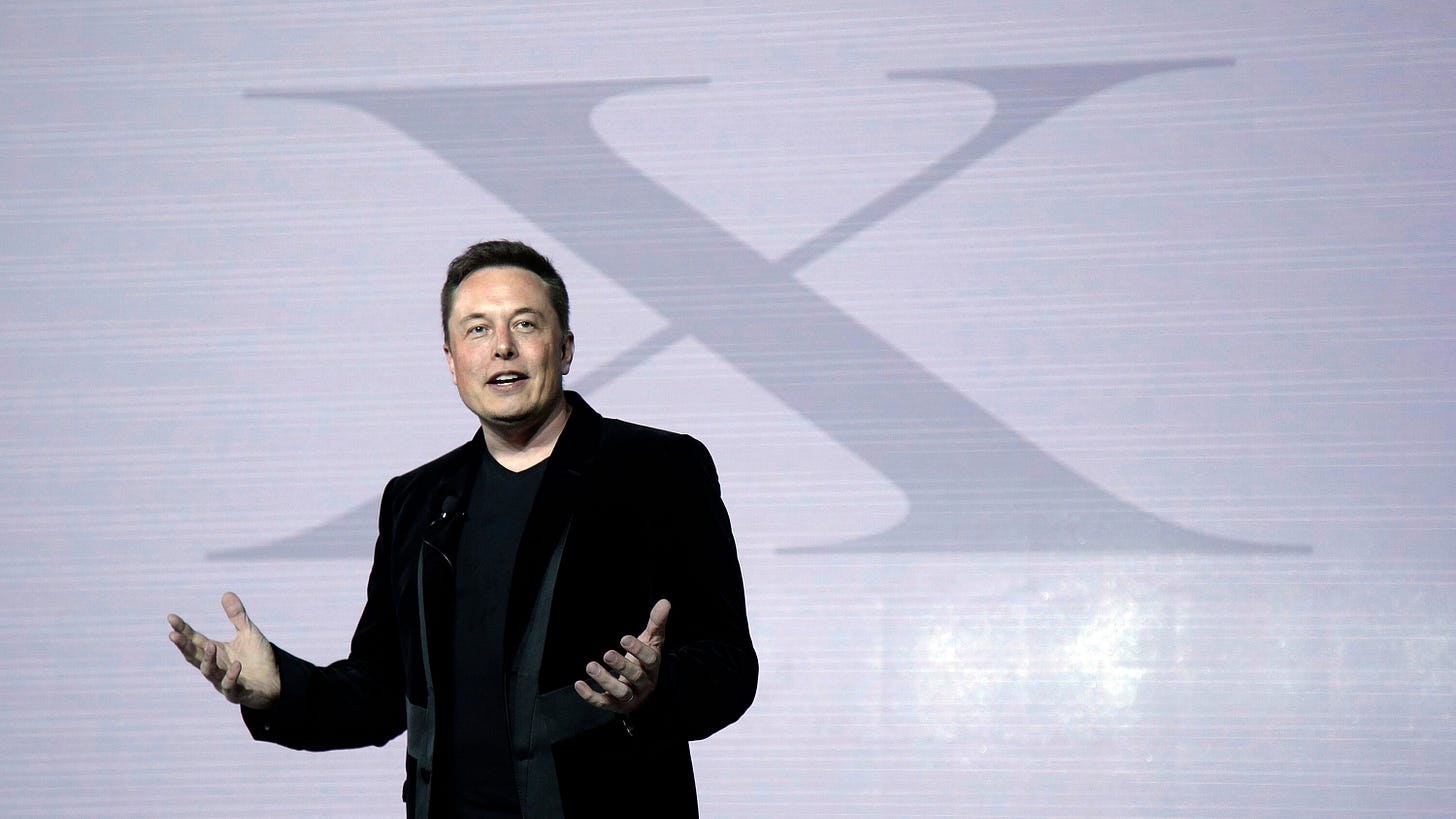With Twitter, Elon Musk Wants to Accelerate the Creation of X, the App of Everything.
Utopia or real possibility for the genius entrepreneur?
Elon Musk is ubiquitous in every field now. In just a few days, at the beginning of October 2022, the star entrepreneur launched two prototypes of humanoid robots, proposed a scabrous peace plan to solve the war in Ukraine, and finally decided to buy Twitter at the price initially agreed upon in the spring without going through the trial.
What about tomo…
Keep reading with a 7-day free trial
Subscribe to Sylvain Saurel’s Newsletter to keep reading this post and get 7 days of free access to the full post archives.




